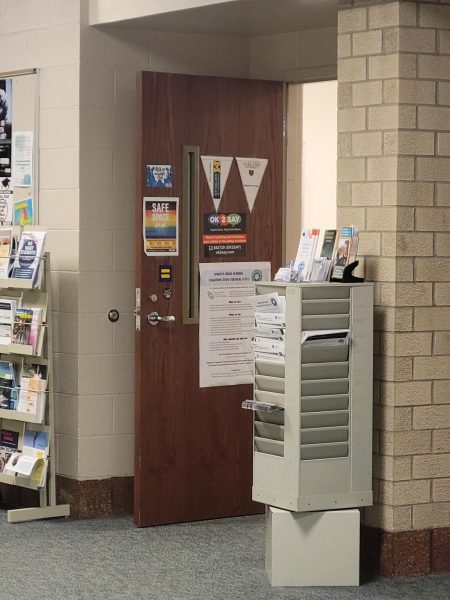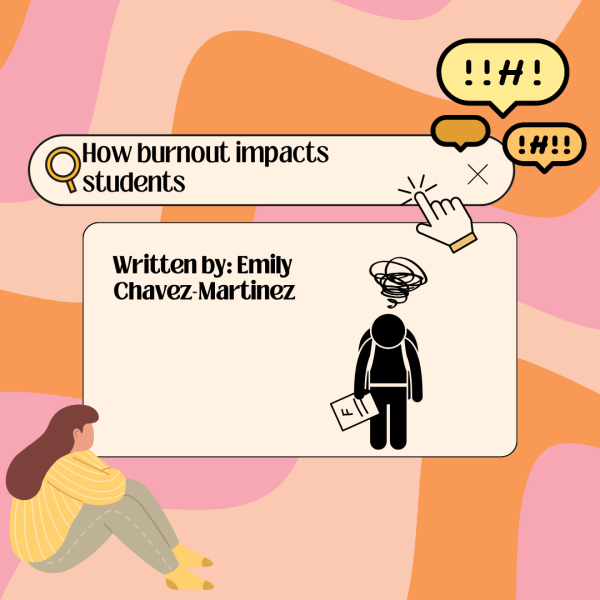Are You Doing Your Laundry Correctly?

Laundry: the process of cleaning your clothes and other fabric items, as well as maintaining and taking care of them. Laundry is an important life skill that you need to learn to become independent. Many people know how to do basic laundry but, they do not do it properly. College move-in is approaching sooner than you think, it is time to start practicing and learning the proper way to do your laundry.
Here is some important information you need to know about laundry.
Overall common tips:
Separate your clothes into three categories – whites, lights, and darks.
Avoid clothes from bleeding onto other fabrics by separating them.
Turn dark clothes inside out before washing to reduce the possibility of fading.
To keep white clothes bright, avoid overloading the washer and putting in super dirty clothes that will settle onto other items.
To avoid shrinking use cold water and avoid agitation.
Use a fabric softener to enhance a good smell.
Make sure the detergent you use is good for your skin and your clothes.
Use a mesh bag to hold delicate items, socks, etc.
Tie your strings before washing so they don’t get lost.
Do not leave your clothes in the washer for too long; it will create a bad smell.
Check tags before washing to make sure it can be put into a machine and what settings it recommends.
Do not overuse detergent, suggest using almost half as much as recommended.
Temperature
lights and whites should be washed in warm/hot water. Bright and dark colors should be washed in cold, and certain clothes should also be washed in cold water if the tag says it should be.
Wash cycle
Wash on normal for cotton and blended fabrics.
Wash on delicate for fragile fabrics.
Wash on perm press for synthetics or easily wrinkled fabrics.
The speed cycle cuts the time of the normal cycle in about half.
The rinse and spin cycle does not use detergent, just rinses and spins to remove water.
Heavy duty is for clothes that require a deeper clean.
Bedding for sheets, blankets, etc.
Drying
Timed dry is a selected amount of time for drying
The automatic dry adjusts to the dryness of the fabric
Wash on regular or heavy to get the fastest and hottest cycle. It is good for white and lights.
To wash delicate fabrics, use the delicates setting: Low heat and a slower dry.
The air fluff setting uses no heat for fluffy clothes or beddings that need fluffing. It is not able to dry.
Permanent press dries on medium heat; it is good for lightweight cotton, linen, and other synthetics.
Stain removing
When removing stains, it is important to know these things. Try not to let the stain dry, act as quick as possible. When trying to remove a stain blot the fabric, do not rub. Check the labels and tags of the item before you act. Listed below are some common tough stains and the best way to remove them.
Blood: use cold water right away then put in wash. If the blood is dried soak in warm water and a product, then wash.
Coffee or tea: soak in warm water that is mixed with dish soap and white vinegar.
Grass: put a stain remover on the stain, then wash with the hottest water possible.
Oil and grease: Start off by trying to soak up as much as possible with a powder (baking soda, baby powder, etc.)
Deodorant: Soak in white vinegar for about an hour, scrub and then wash.
Wine: you can apply a baking soda or salt, use a wine away product, or a mix of hydrogen peroxide and dish soap.
Putting clothes away
Organize your clothes in a way that is easy for you to access.
Make sure you don’t create hanger horns on items like sweaters
Make sure hangers aren’t too big that it stretches out the collar.
Fold your clothes right as they come out of the dryer, so wrinkles do not occur.
Specific laundry tips for college students
Have a laundry day set and stick to it.
Make sure you sort your laundry (can use separate laundry bins to sort as you go).
Use detergent pods instead of liquid detergent.
Check pockets for money or other tiny items before washing
Carefully read the tags.
Know if you have to pay or how much you have to pay before you go to wash your clothes.
Find the nearest laundry facility.
Empty the lint after you use the dryer.
Don’t leave your supplies in the laundry room, take it back to your dorm.
Never touch anyone else’s laundry.
Your donation will support the student journalists of Dakota High School. Your contribution will allow us to purchase equipment and cover our annual website hosting costs.

Ryenne Ashworth is a senior for the 2022-23 school year. This is her first year writing for the newspaper, but she has been writing for fun for years!...









